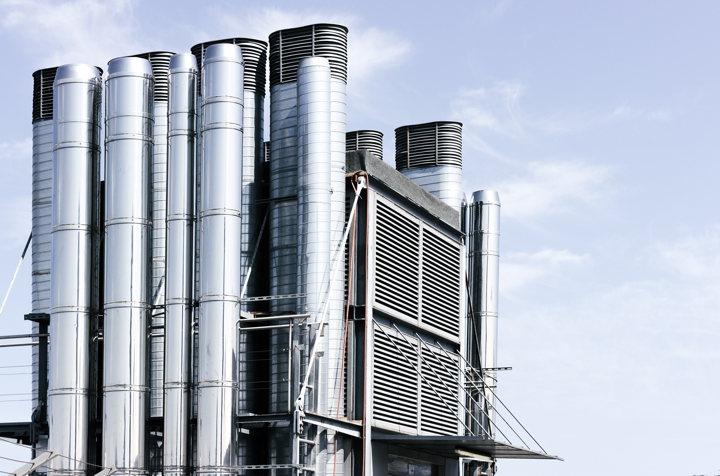A short-term path to recovery, medium-term challenges persist
MEDIUM RISK for enterprise
-
Economic risk
-
Business environment risk
-
Political risk
-
Commercial risk
-
Financing risk
-
Economic risk
-
Business environment risk
-
Political risk
-
Commercial risk
-
Financing risk
Swipe to view more
| GDP | USD1076.16bn (World ranking 15, World Bank 2020) |
| Population | 128.93mn (World ranking 10, World Bank 2020) |
| Form of state | Federal Republic |
| Head of government | Andrés Manuel Lopez Obrador (President) |
| Next elections |
2024, General Election |
- Sound macro-policy framework: fiscal spending is capped and pro-active inflation-targeting central bank
- Moderate debt ratios and strong external position (manageable current account deficit, large FX reserves)
- Strong legacy from pro-business reforms in the last decade
- Structural business environment exceeds Latin American average
- Durable political framework with stable handovers of power
- Member of OECD
- Easy access to capital markets
- Support from IFIs likely if needed
- Financial integration means market volatility is driven by both domestic (more or less pro-business stance) and external (US) policy risk. Trade uncertainty dissipated but doubts over the implementation of NAFTA remain
- Fiscal position highly sensitive to oil price (oil = 30% of public revenues)
- Sensitive to US business cycle (around 80% of exports)
- Skewed income distribution (geographically as well as among socio-economic groups), still high poverty levels
- Security issues related to drug-trafficking
- Rule of Law and control of corruption below Latin America’s average
Trade structure by destination/origin
(% of total, 2020)
| Exports | Rank | Imports |
|---|---|---|
|
United States
79.1%

|
1 |
 43.9%
United States
43.9%
United States
|
|
Canada
2.6%

|
2 |
 19.2%
China
19.2%
China
|
|
China
1.9%

|
3 |
 3.8%
Korea, Republic of
3.8%
Korea, Republic of
|
|
Germany
1.5%

|
4 |
 3.6%
Japan
3.6%
Japan
|
|
Taiwan
1.1%

|
5 |
 3.6%
Germany
3.6%
Germany
|
Trade structure by product
(% of total, 2020)
| Exports | Rank | Imports |
|---|---|---|
|
Road vehicles
23.3%
|
1 |
14.6%
Electrical machinery, apparatus and appliances, n.e.s.
|
|
Electrical machinery, apparatus and appliances, n.e.s.
10.7%
|
2 |
7.9%
Road vehicles
|
|
Office machines and automatic data processing machines
8.1%
|
3 |
6.0%
Other industrial machinery and parts
|
|
Telecommunication and sound recording apparatus
6.9%
|
4 |
5.4%
Office machines and automatic data processing machines
|
|
Other industrial machinery and parts
4.8%
|
5 |
5.1%
Telecommunication and sound recording apparatus
|
-
Low
-
Medium
-
Sensitive
-
High
-
Payments
-
Court proceedings
-
Insolvency proceedings
-
Payments
-
Court proceedings
-
Insolvency proceedings
The court system is complicated by its federal structure and it is known for a lack of transparency and independence. Business disputes are not dealt with by specialized judges and in practice the fast track mechanisms which could facilitate proceedings when the claim is straightforward cannot be relied upon. Overall, procedural delays and costs are significant and pre-legal action remains the most efficient means of collecting debt.
The debt restructuration process is not efficient at all, and proceedings may last for years (ex. Mexicana). As a result, liquidation is in practice the default procedure when the debtor becomes insolvent and the chances of collect debt through this channel are very low.
LATEST NEWS ABOUT MEXICO
-
Global trade: Battling out of demand and price shocks
25 March
The invasion of Ukraine and renewed Covid-19 outbreaks in China are hitting global trade with a double whammy in 2022: lower volumes and higher prices.
-
Economic Outlook: Energy, trade and financial shockwaves
18 March
The Russian invasion of Ukraine has brought back significant headwinds to the global economic recovery and raised wider geopolitical risks.
-
Allianz Pension Report LatAm special 2022
28 January
The Covid-19 crisis will cast a long shadow over Latin America in the decades to come as demographic change is here to stay.
Contacts
Read our latest reports
-
Americas
-
Europe
-
Asia Pacific
-
Middle East












